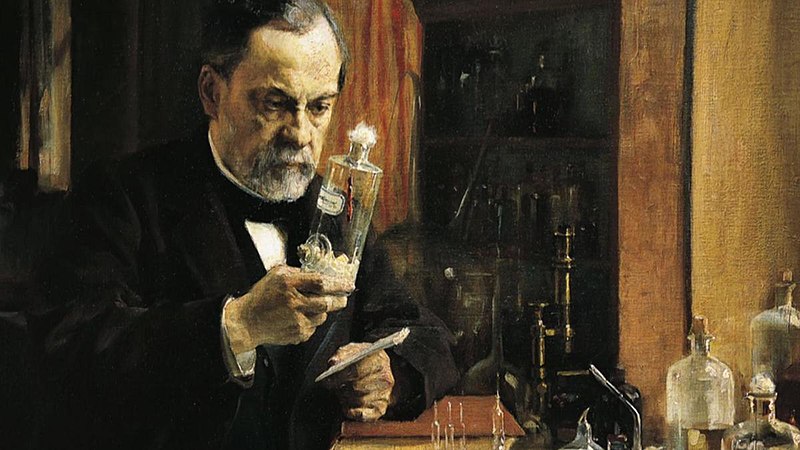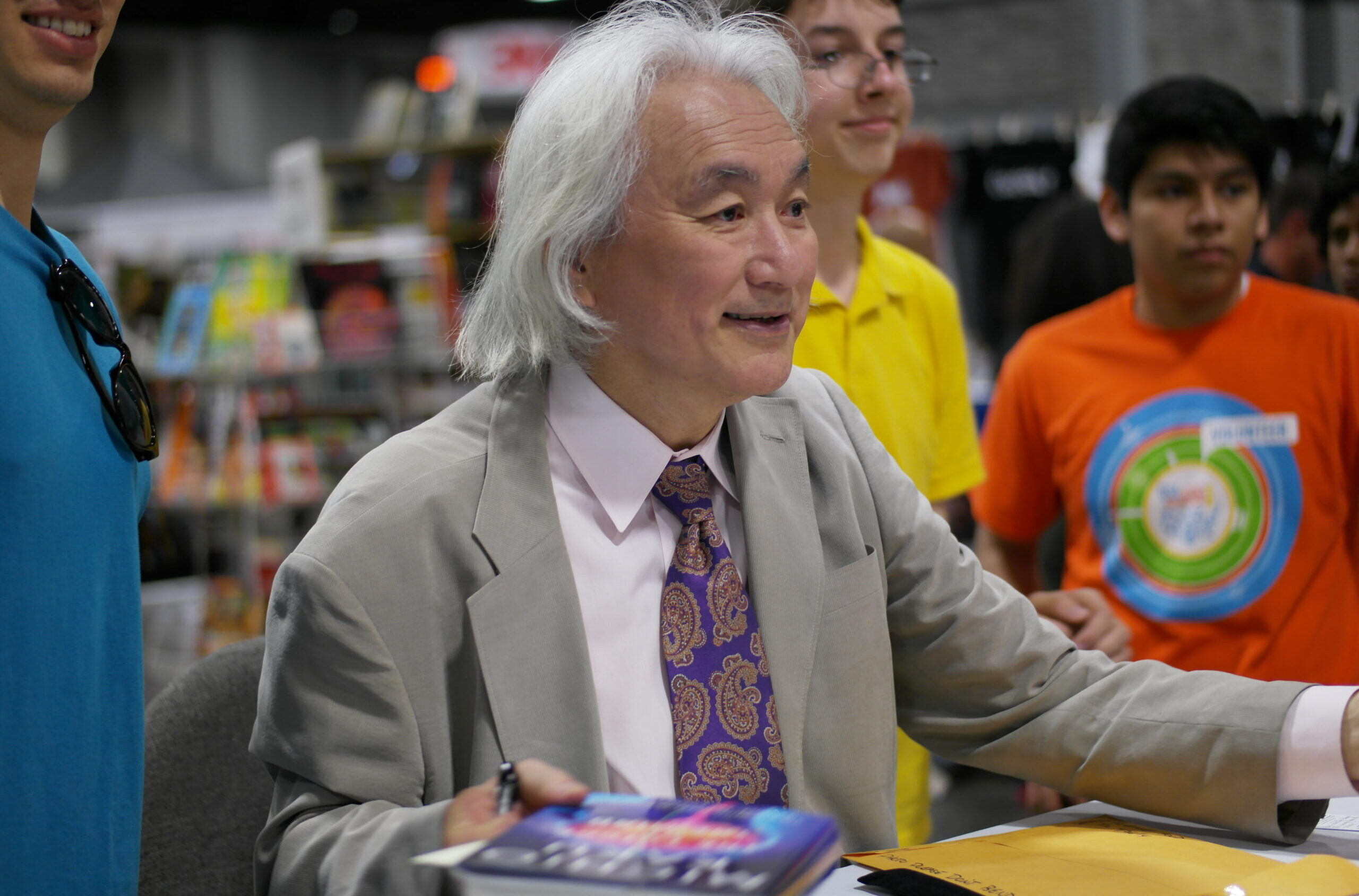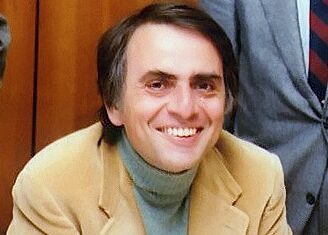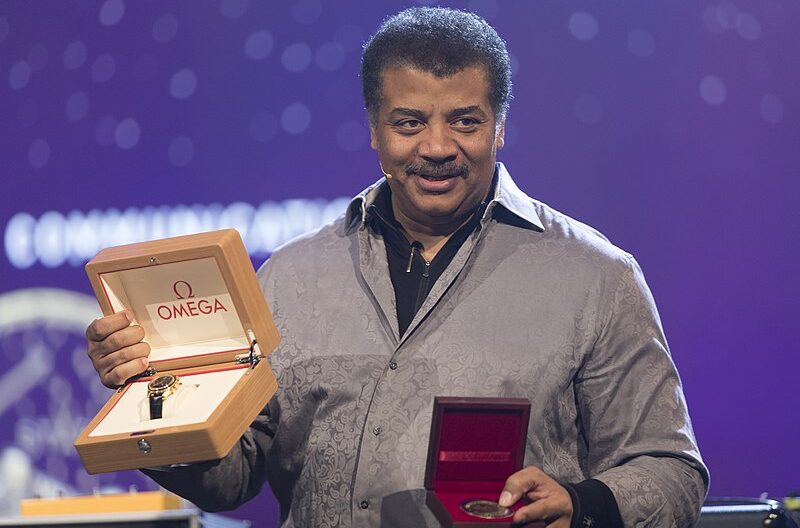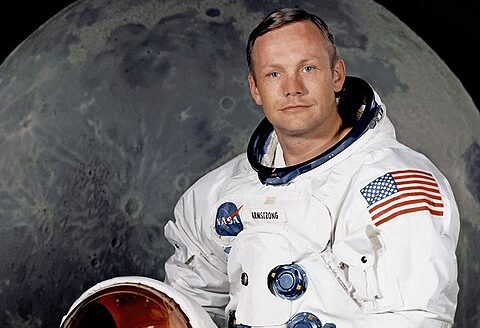Louis Pasteur, the distinguished French scientist, is renowned for his seminal work in the realms of microbiology and immunology. Although his groundbreaking discoveries have earned him widespread acclaim, his life was not devoid of controversies. Here are some noteworthy controversies that have been associated with Louis Pasteur:
The Fermentation and Spontaneous Generation Debate: Initially, Pasteur’s investigations into fermentation and his disproof of the spontaneous generation theory were met with skepticism and resistance from the scientific community. Certain contemporaneous scientists clung to the notion that life could arise spontaneously from non-living matter, and Pasteur’s findings challenged this deeply entrenched belief.
The Béchamp-Pasteur Rivalry: Louis Pasteur engaged in a contentious scientific rivalry with Antoine Béchamp, another French scientist. Béchamp advocated an alternative theory of disease and fermentation, known as the “microzymian theory.” The two scholars found themselves embroiled in heated debates and discord, occasionally descending into personal attacks and animosity.
Opposition to Pasteur’s Germ Theory: Pasteur’s germ theory of disease, which postulated that microorganisms were the agents responsible for causing infectious diseases, encountered opposition and skepticism from certain medical professionals and researchers. It took time for the medical community to fully embrace and integrate his groundbreaking discoveries into disease prevention and treatment practices.
The Vaccination Controversy: Pasteur’s development of vaccines, particularly those for rabies and anthrax, faced initial skepticism and opposition. The revolutionary concept of using weakened or attenuated pathogens to confer immunity was met with concerns regarding safety and efficacy.
Allegations of Misrepresentation: Some of Pasteur’s contemporaries accused him of embellishing the results of his experiments and misrepresenting data to bolster his theories. Nevertheless, subsequent investigations and independent replication of his work have largely vindicated the validity of his findings.
Amidst these controversies, Louis Pasteur’s scientific and medical contributions have left an indelible mark on humanity. His research laid the cornerstone for modern microbiology and immunology, fundamentally reshaping our comprehension of infectious diseases and their prevention. With the passage of time, Pasteur’s theories and discoveries have garnered widespread recognition and celebration for their profound significance in advancing our knowledge of microbiology and disease prevention.
